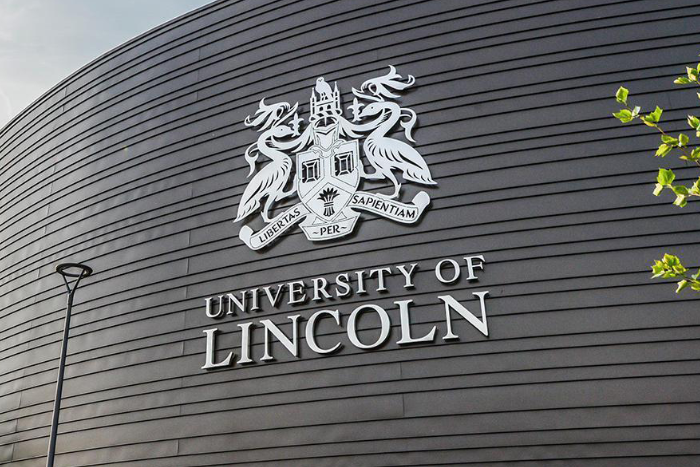
MP’s concern at university’s proposed job cuts
Further job cuts at the University of Lincoln will be discussed at meeting next week after Lincoln MP Hamish Falconer expressed his concern over the proposals.
The MP is scheduled to meet representatives of both the university administration and the Trades Council: “I am deeply concerned by the news of further job cuts at the University of Lincoln. The university is one of our city’s biggest employers and plays a vital role in Lincoln’s economy, culture and community life.”
The proposed cuts would come on top of over 200 jobs axed in 2024.
“I am in dialogue with both the Trade Councils and the university leadership regarding this situation. I understand the concerns being raised and will continue to engage with all sides to seek a positive way forward.
“The staff and students at the University are a cornerstone of our city, and their wellbeing must be at the heart of any decisions made.”
The Trades Council claims 285 jobs are on the line and has launched an online petition calling upon Vice Chancellor Neal Juster and his leadership team to rethink any job losses.
“The University has become the beating heart of Lincoln fuelling regeneration, growth and jobs. We at the Trades Council want to ensure that this continues well into the future and that cuts now mean a slow decline for a once thriving model,” stated the petition, which had almost 300 signatories.
A statement from the university said it had to recognise and adapt to significant changes in the higher education sector in the UK, but that it hoped to ‘mitigate the need for compulsory redundancies’.
“As part of this, we have entered a significant new phase of organisational restructuring and reform.
The university has announced a Mutually Agreed Resignation Scheme for colleagues who want to leave through voluntary exit with enhanced terms and launched a consultation on departmental restructures which may result in some redundancies.
“We’re continuing to take prudent, practical measures to balance income and expenditure as we plan for a bright future ahead. This includes careful management of staff costs, our single biggest area of expenditure.
We are not in deficit and we expect to return a break-even position in this financial year (2024/25), but the financial headwinds facing universities have not gone away. The causes are well-documented: declining international enrolments, rising pension and National Insurance costs, and the erosion of the real terms value of tuition fees through inflation.
“Universities are engines for economic growth and powerful levers for tackling the UK’s deepening regional inequalities. They should be paid fairly for the cost of providing quality teaching, research and innovation the UK needs. We also recognise the need to operate more efficiently and deploy our resources for maximum benefit while we await details of the Government’s planned higher education funding reforms.
The University employs approximately 2,000 members of staff across academic departments and professional services. We anticipate the majority of staff members leaving the University will do so through the Mutually Agreed Resignation Scheme. We are consulting with our Trades Unions and we will aim to mitigate the need for compulsory redundancies.”
